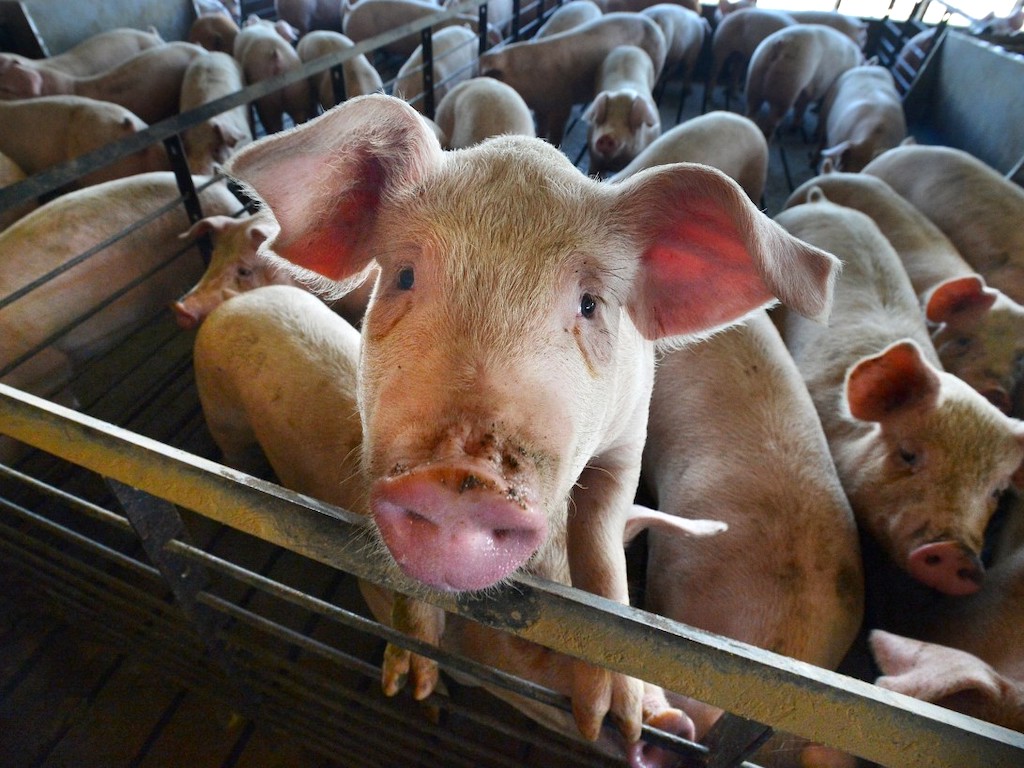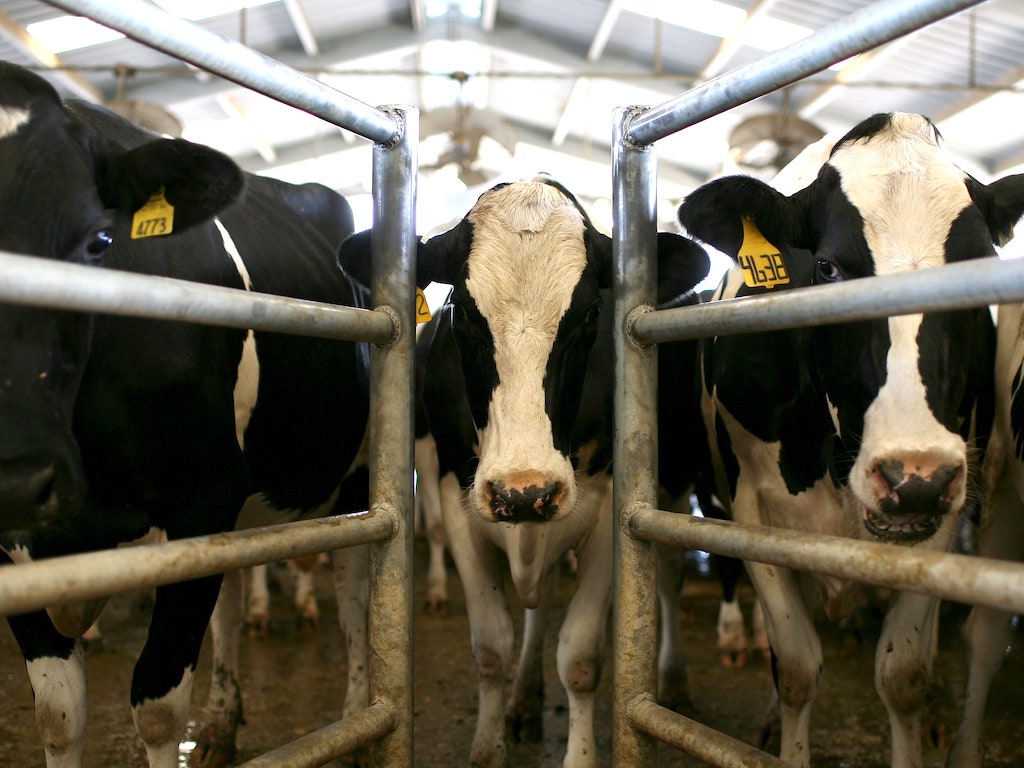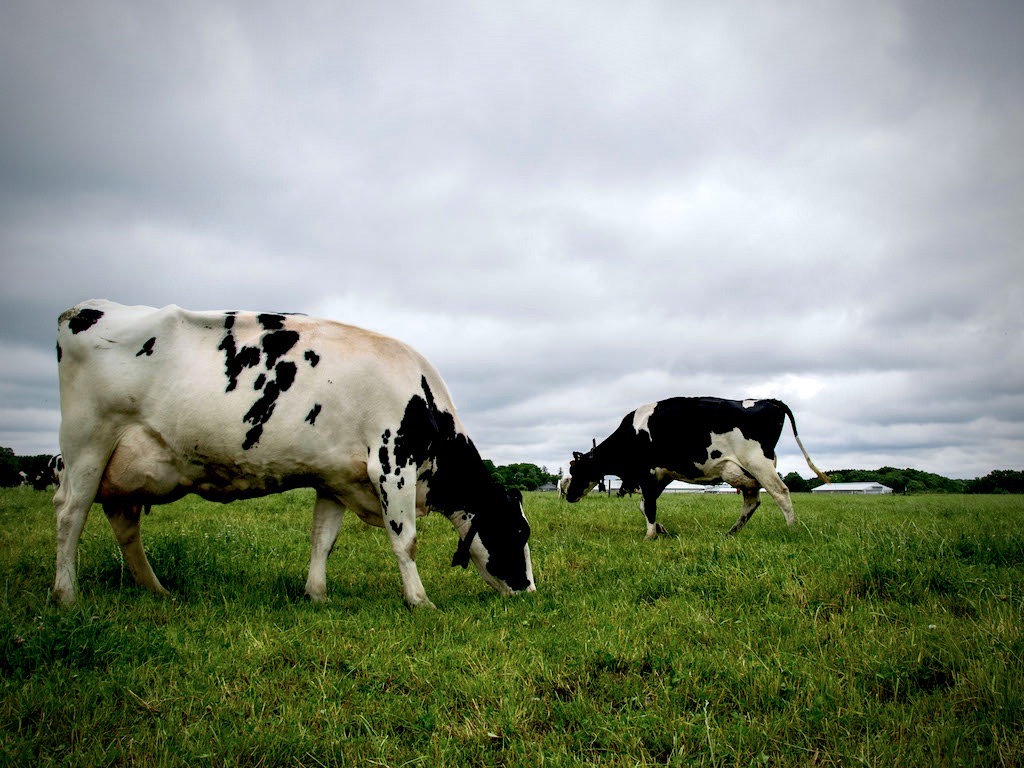Ending Fossil Fuels A Must But Paris Climate Goals Still ‘Out Of Reach’ Without Plant-Based Diet Shift
5 Mins Read
A new study involving leading researchers and institutions around the world has warned that without drastic changes to our global food system, the climate goals outlined in the Paris agreement will remain “out of reach” – even if fossil fuels were to end immediately. The stark findings highlight the urgent need for a transformation in the consumption and production of food, especially the crucial impact that moving towards plant-centric diets will have on lowering global emissions to avert climate disaster.
New study aims to review total global food system emissions
The paper, published in the peer-reviewed journal Science, seeks to examine the carbon emissions that the global food system is responsible for. Researchers from the University of Minnesota and University of Oxford, supported by major institutions such as the Wellcome Trust, Balzan Prize, the U.S. Department of Agriculture and Environmental Protection Agency (EPA) found that on our current trajectory, greenhouse gas emissions from food production alone would lead to global warming by 1.5°C by 2050 and by 2°C by the end of the century compared to pre-industrial levels. That is even if fossil fuels were eradicated completely right now, bringing to light the enormous footprint that food production has on the planet.
Our work shows that food is a much greater contributor to climate change than is widely known.
Professor Jason Hill, University of Minnesota
These projections were calculated using predicted trends in global population growth, dietary changes and the additional land and resources that will be required to meet consumption levels. “Our work shows that food is a much greater contributor to climate change than is widely known,” said professor Jason Hill of the University of Minnesota.

“Discussions on mitigating climate change typically focus on reducing greenhouse gas emissions from burning fossil fuels, for instance, from transportation or energy production,” added Michael Clark, researcher at the University of Oxford. “However, our research emphasizes the importance of also reducing emissions from the global food system.”
Many solutions identified to lower food production emissions
Pointing to their findings, the authors highlighted that there are key strategies available that we can now implement to slash carbon emissions from our food system.
“Fortunately, we can fix this problem,” Hill explained. “By using fertiliser more efficiently, by eating less meat and more fruits, vegetables, whole grains and nuts and by making other important changes to our food system.”
David Tilman, Regents professor and McKnight presidential chair in Ecology at the University of Minnesota added that “helping farmers in low-income countries increase their yields, eating healthier foods, avoiding overeating and wasting less food,” would have major impacts on slashing emissions. “Even partially adopting several of these five changes would solve this problem as long as we start right now.”

Even partially adopting several of these five changes would solve this problem as long as we start right now.
David Tilman, Regents Professor & McKnight Presidential Chair in Ecology at the University of Minnesota
The researchers also pointed out that all the solutions they identify are not only achievable as long as coordinated action takes place, but would bring in benefits beyond lowering our environmental footprint and limiting temperature rise, from improving human health and air quality to reducing water pollution, preventing species extinctions and even economic incentives such as boosting farm profitability.
Nothing as impactful as switch to predominantly plant-based diets
While the study does not outline specific governmental policies, it does provide overwhelming evidence for a mass dietary shift to plant-centric diets by lowering the consumption of animal-based foods such as meat and dairy. Currently, animal-based foods represent the most carbon-intensive and resource-hefty products driving the majority of the food system’s emissions.
When looking at emissions across all industries, previous U.N. research indicates that animal agriculture produces nearly a fifth of all global greenhouse gases, making it more polluting than every type of transportation combined.

Calculating the carbon savings that would be made, the researchers from the University of Oxford and Minnesota found that making a “nearly complete” global shift to plant-rich diets could eliminate 650 billion metric tons of greenhouse gas emissions – by comparison, the U.S. produces over 6,400 million metric tons annually.
Other measures such as improving farming efficiency would take 540 billion metric tons of emissions out of the equation, while reducing food waste and food loss would save 360 billion metric tons. Overall, making a mass shift to plant-based diets stood out as by far the most impactful transformation to lower food system emissions, according to the research.
Speaking to the Guardian, Clark said that the reduction needs to happen in mainly richer countries, whose current meat and dairy consumption levels are already in excess of health recommendations. “These countries are primarily those that are middle or high income where dietary intake and consumption of meat, dairy and eggs is on average well above recommendations.”

These countries are primarily those that are middle or high income where dietary intake and consumption of meat, dairy and eggs is on average well above recommendations.
Michael Clark, Researcher at the University of Oxford
The findings have been echoed by research released earlier this year by Oslo-based nonprofit EAT, which examined the food footprint of G20 states and concluded that the most crucial step to reduce emissions from these states will be to increase the consumption of plant-based foods and slashing meat and dairy intake. According to the report as much as 40% of the total global carbon budget for food could be freed up if everybody in G20 switched to a plant-centric diet.
Lead image courtesy of Kellogg Biological Station / Michigan State University.




